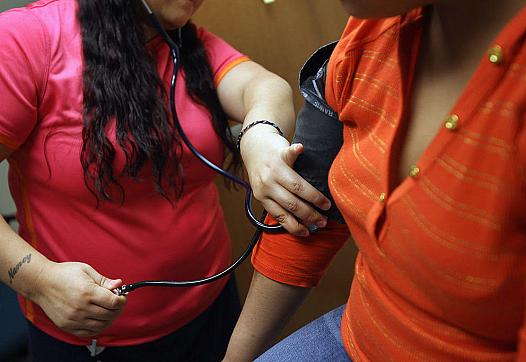
AP journalist Meghan Hoyer provides an updated dataset and guide to help reporters better understand the role played by Medicaid in their local California communities.

AP journalist Meghan Hoyer provides an updated dataset and guide to help reporters better understand the role played by Medicaid in their local California communities.

"Our health care system remains in a crisis," writes the CEO of Molina Healthcare. "Both the AHCA and the ACA only address the funding of health care and fail to tackle the troubling rate at which health care costs are rising."
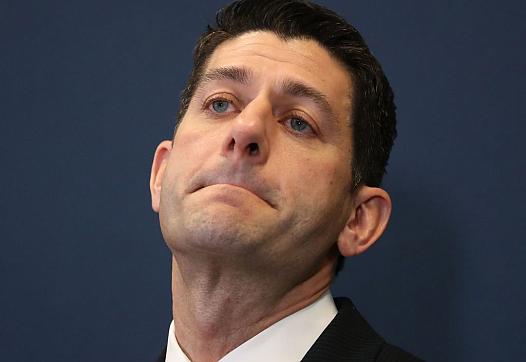
"I’ve been startled to see the debate over the AHCA reignite a political philosophy and policy approach that seemed to be have been discredited — and be in sharp decline," writes former health care journalist Michael Millenson.
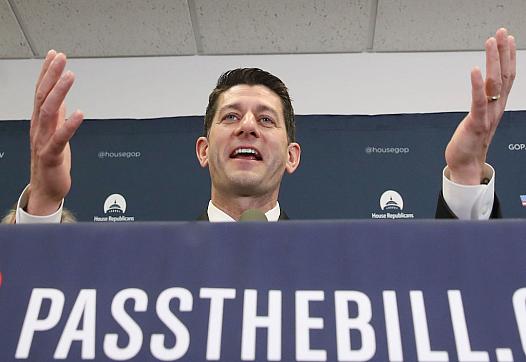
The media critic in Jost laments that "so much coverage is focused on politics within the Republican Party, to a much greater extent than on what the legislation would specifically do."

The trend towards putting responsibility for one’s health squarely on the shoulders of individuals lets the government off the hook for its part in looking after its citizens, argues sociologist Shelly Reuter.
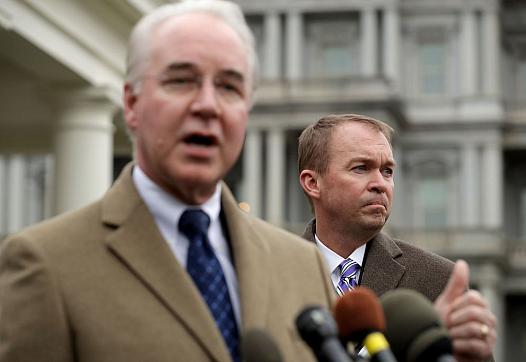
Conservative notions about the "undeserving poor" have returned with a vengeance in the debate over Medicaid, writes contributor Trudy Lieberman.

Is transforming California into a single-payer health care system a moonshot? Not according to proponents such as gubernatorial hopeful Gavin Newsom or the California Nurses Association.
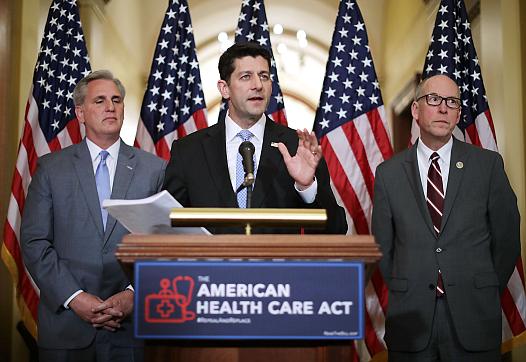
On Monday the CBO published their analysis of the American Health Care Act, the Trump administration's latest effort to replace the Affordable Care Act. Here's what social media had to say.
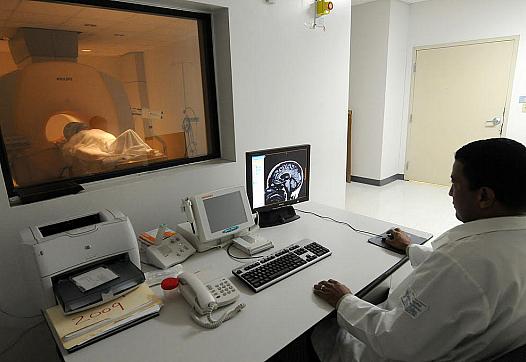
Need a Saturday scan? MRIs are much harder to come by on weekends at many hospitals. How can that still be in today's on-demand economy?
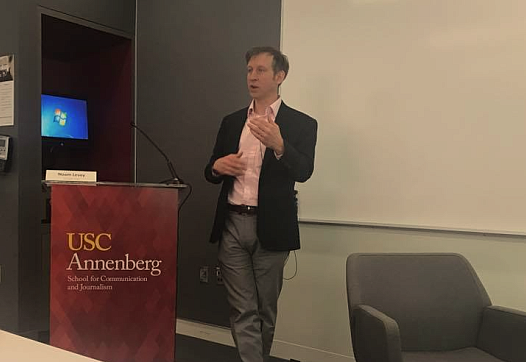
“It’s nuts in Washington right now,” said Noam Levey of The Los Angeles Times. So, how does a local reporter tackle this huge national health policy story?